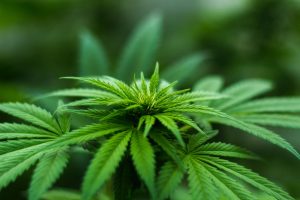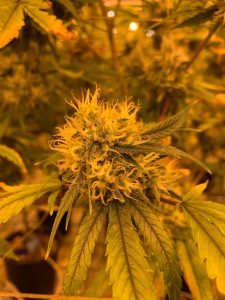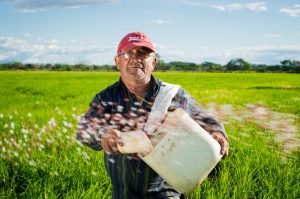California Hemp Manufacturer & Extract Registrations Open
As Los Angeles hemp lawyers, we fully recognize that California, despite being the first state in the country to legalize marijuana, has not historically been the friendliest to hemp producers, distributors, and retailers. We began seeing a real shift on this front last year with the passage of AB-45, which sought clear rules for the regulation of CBD manufactured goods and sales. A few months ago, the California Department of Public Health issued its proposed regulations under the new law. And now, it seems we have a clear set of approved hemp industry regulations in California, and the state is prepared to accept applications to become licensed operators.
The CDPH’s Food & Drug Branch issued notice earlier this month to industrial hemp product manufacturers and extractors that it would be accepting applications and fees for the production of in-state hemp products, as well as in-state and out-of-state extracts.
Permission to legally manufacture, pack, or hold industrial hemp products and extracts requires:
- Authorization from the Industrial Hemp Enrollment and Oversight agency.
- Registration with the department for the applicable food, cosmetic product, or processed pet food.
Those who are making inhalable hemp products are solely required to obtain authorization from the IHEO department.
As our Los Angeles hemp lawyers can explain, hemp growers, producers, distributors, and retailers need to know that their products are going to be subject to strict regulations governing production, testing, labeling, and warehousing to ensure the safety of the products. State law (specifically, HSC 110140) authorizes inspection of any industrial hemp facility or operation by the health department in order to ensure state law and regulation compliance.
Companies that are submitting their applications to the FDB may want to consider having their attorney do it for them, or at least review all materials before submission. You don’t want your application to be turned down on a technicality, but there are many technical considerations that apply. Businesses must submit not only their application and the appropriate fees to the correct authority, but also provide a wealth of supporting documentation. Continue reading
 Cannabis Law Group's Medical Marijuana Legal Blog
Cannabis Law Group's Medical Marijuana Legal Blog








 As California’s legal marijuana industry continues to bloom, so too does a well-stocked black market, comprised of unlicensed, locally grown cannabis, and a plethora of counterfeit cannabis products.
As California’s legal marijuana industry continues to bloom, so too does a well-stocked black market, comprised of unlicensed, locally grown cannabis, and a plethora of counterfeit cannabis products. California’s unlicensed farmers in Humboldt County are on notice, with a new crackdown on cannabis growing now in effect. After issuing 1,500 provisional cannabis licenses, state and local authorities are increasingly pursuing farmers for operating without permits.
California’s unlicensed farmers in Humboldt County are on notice, with a new crackdown on cannabis growing now in effect. After issuing 1,500 provisional cannabis licenses, state and local authorities are increasingly pursuing farmers for operating without permits.


